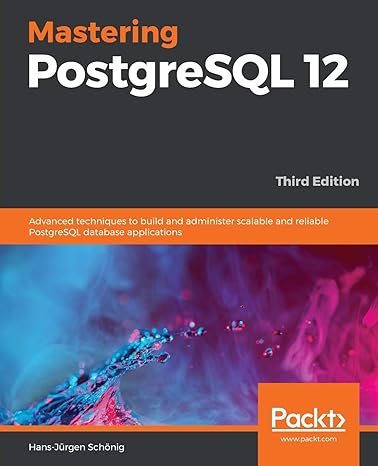Question
class FIFO: def __init__(self, block_size): self.block_size = block_size self.blocks = [] self.hit_count = 0 def add(self, number): for block in self.blocks: if number == block:
class FIFO:
def __init__(self, block_size):
self.block_size = block_size
self.blocks = []
self.hit_count = 0
def add(self, number):
for block in self.blocks:
if number == block:
self.hit_count += 1
return
if len(self.blocks) == block_size:
self.blocks.pop()
self.blocks.append(number)
def get_hit_count(self):
return self.hit_count
block_size = int(input('Block size: '))
fifo = FIFO(block_size)
with open("random_1.txt", "r") as f:
lines = len(f.readlines())
f.seek(0)
for i in range(lines):
number = int(f.readline().split(' ')[0])
fifo.add(number)
print(fifo.get_hit_count())
#Random number generation
import random
values = [str(random.randint(0, 999)) for _ in range(1000)]
with open("random_1.txt", "w") as f:
f.writelines(" ".join(values))
Draw a flowchart for this FIFO algorithm implementation by determining the hit count.
Step by Step Solution
There are 3 Steps involved in it
Step: 1

Get Instant Access to Expert-Tailored Solutions
See step-by-step solutions with expert insights and AI powered tools for academic success
Step: 2

Step: 3

Ace Your Homework with AI
Get the answers you need in no time with our AI-driven, step-by-step assistance
Get Started


